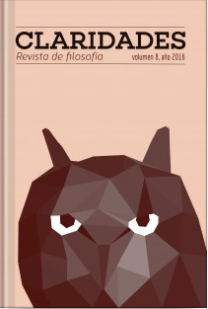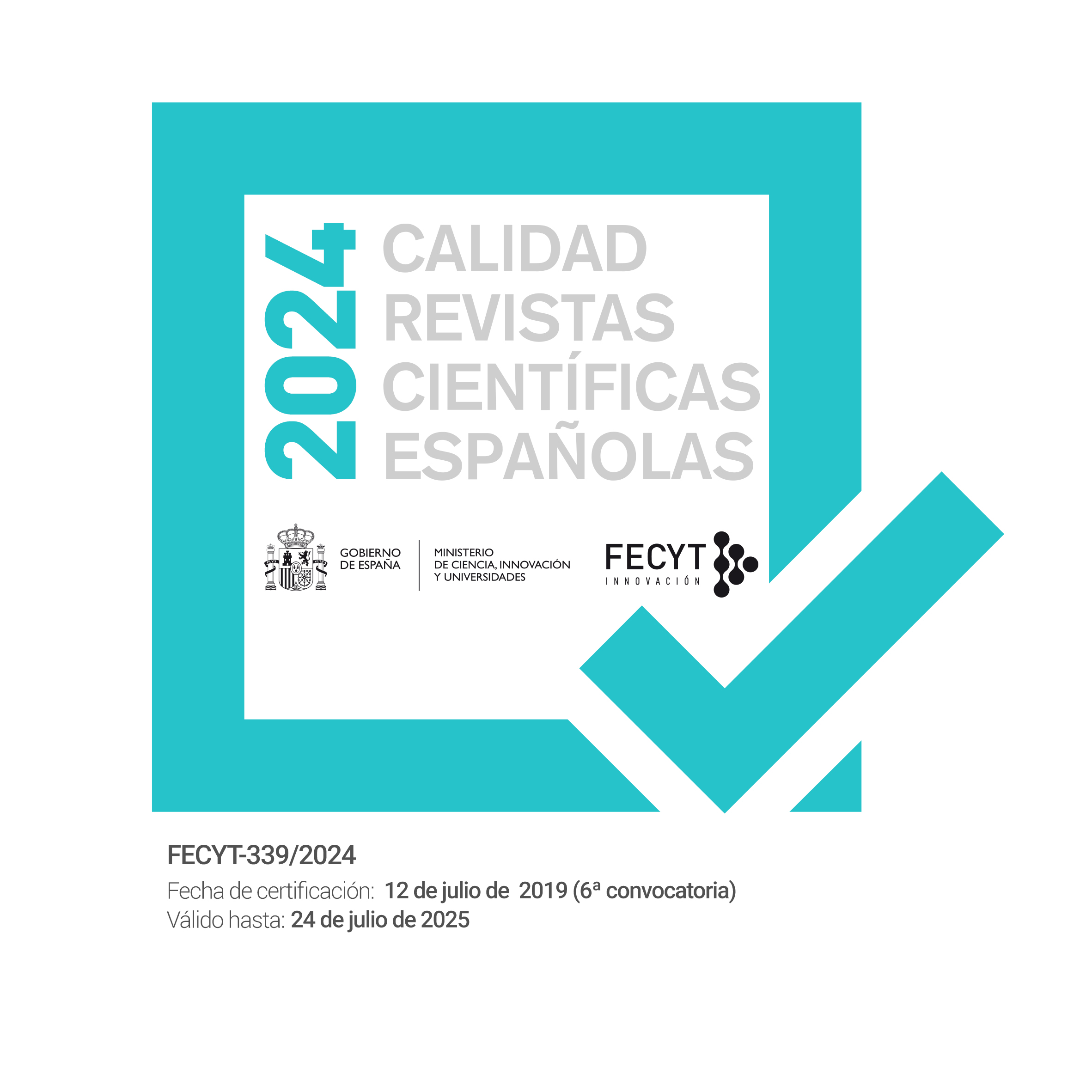Aesthetics of existence and education: educational innovation of the late s. XX
DOI:
https://doi.org/10.24310/Claridadescrf.v8i0.3792Keywords:
EDUCATIONAL PRACTICES, SUBJECTS, POWER, RESISTANCE, AESTHETICS OF EXISTENCE,Abstract
DUCATIVAS, SUJETOS, PODER,
RESISTENCIA, ESTÉTICA
ABSTRACT
Educational practices are social, political, and historically constructed. This means that built models and rituals in educational practices over time and reproduce constantly, doing to perpetuate the cultural and political elements into the subjects through educational practices. They are therefore, in power devices at the same time, are built from the unique practices, i.e. which is divided from each actor practice providing its own significance. In this way you can see how educational practice is embedded in multiple meanings. In this sense, the teaching can be understood as a mechanism of resistance to power devices, when it falls within the broader context of the so-called 'cures sui' or aesthetics of existence designed by Michel Foucault.
Downloads
Metrics
Publication Facts
Reviewer profiles N/A
Author statements
Indexed in
-
—
- Academic society
- N/A
- Publisher
- Asociación para la promoción de la filosofía y la cultura en Málaga (FICUM) y UMAEditorial
Downloads
Published
How to Cite
Issue
Section
License
Esta revista provee acceso libre inmediato a su contenido bajo el principio de hacer disponible gratuitamente la investigación al público. Todos los contenidos publicados en Claridades. Revista de Filosofía, están sujetos a la licencia Creative Commons Reconocimento-NoComercia-Compartirigual 4.0 cuyo texto completo puede consultar en <http://creativecommons.org/licenses/by-nc-sa/4.0>
Es responsabilidad de los autores/as obtener los permisos necesarios de las imágenes que están sujetas a derechos de autor.
Los autores/as cuyas contribuciones sean aceptadas para su publicación en esta revista conservarán el derecho no exclusivo de utilizar sus
contribuciones con fines académicos, de investigación y educativos, incluyendo el auto-archivo o depósito en repositorios de acceso abierto de cualquier tipo.
La edición electrónica de esta revista esta editada por la Editorial de la Universidad de Málaga (UmaEditorial), siendo necesario citar la procedencia en cualquier reproducción parcial o total.

















6.png)
